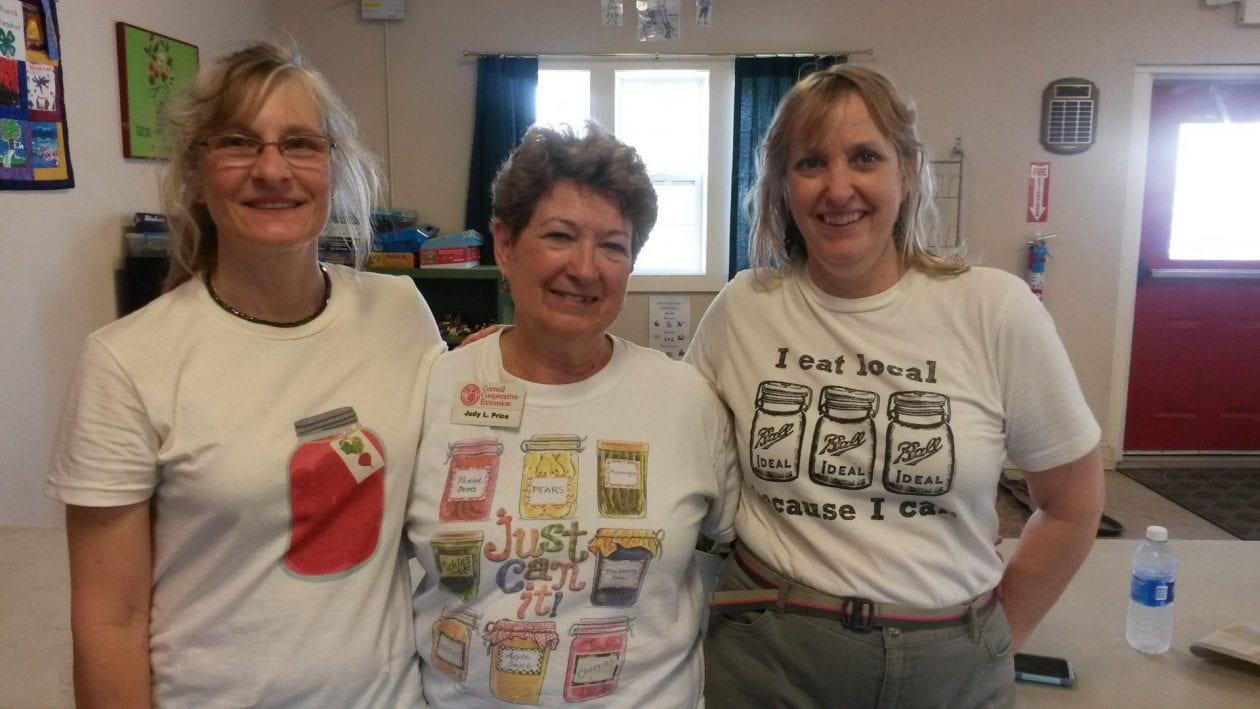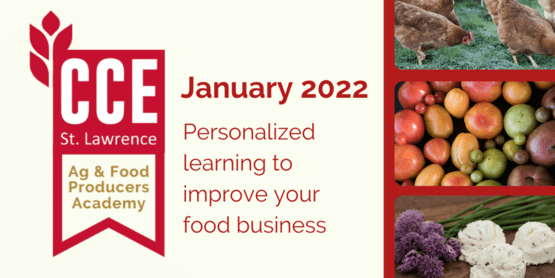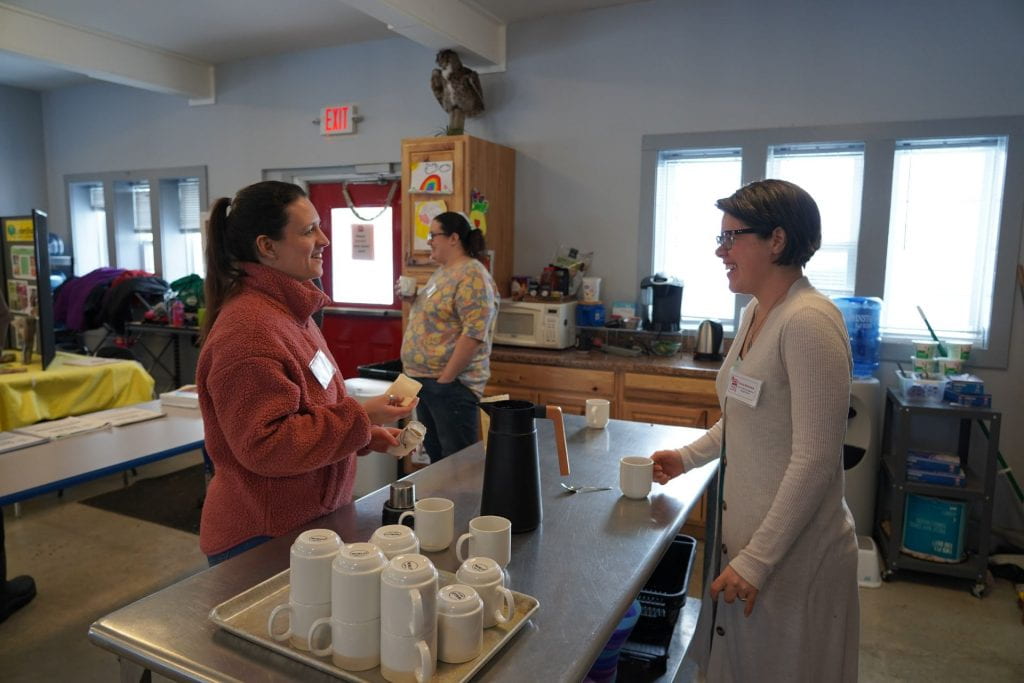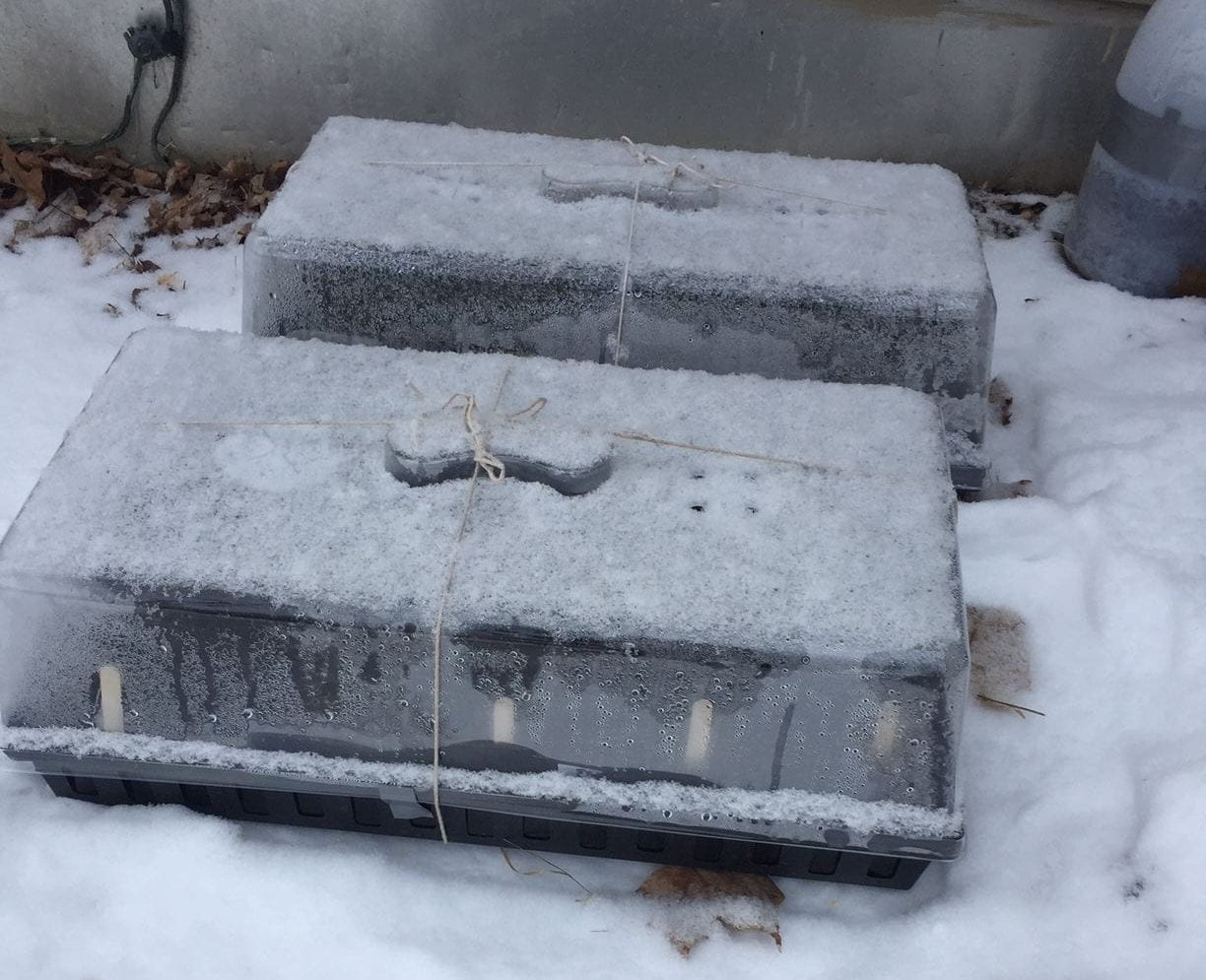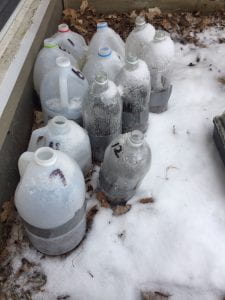For 3 straight days in 2017, the burners of the Harvest Kitchen were filled with pots of bubbling jam and canners of pickles. This was the birth of the volunteer program teaching food preservation to the St. Lawrence County region and beyond. The intensive training was attended by 21 educators and community members passionate to learn more and serve their neighbors with preservation education. While trainings had been held in other parts of NY and US, this was new for our county. It was only my second month in my new job as Local Foods Program Leader and I was excited to bring a lifetime of homesteading experience into this role.
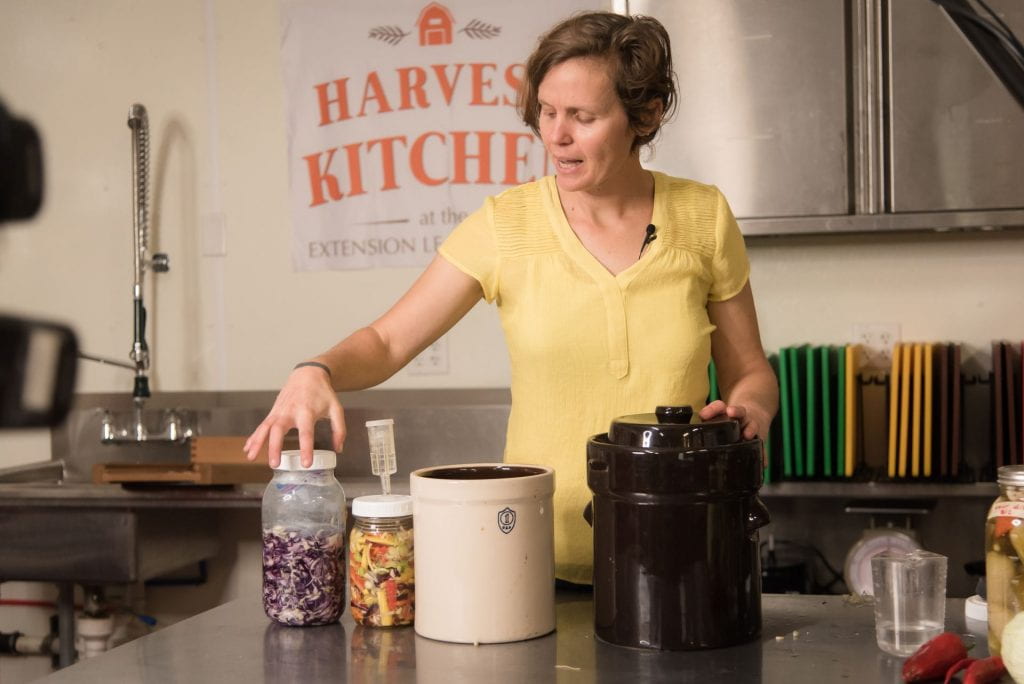
Over the years a core group of us have taught a variety of classes, that share recipes, food safety and preservation of fruits, vegetables and meats by various methods including: dehydration, fermentation, freezing, water bath canning and pressure canning. Many classes were held in person and were interactive, then we moved to live online classes in 2020 with multiple cameras to keep the spirit of food preservation education alive.
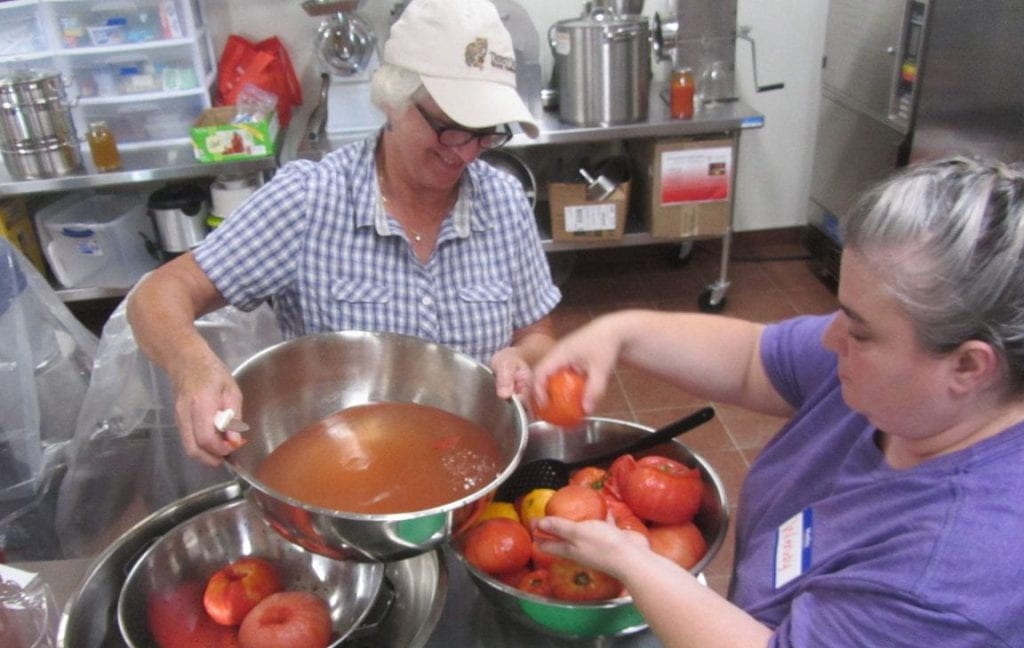
It’s hard to believe it’s been 5 years since that first training, but our Master Food Preserver Volunteers have a positive impact in our region in many ways including teaching workshops in the Harvest Kitchen and offsite, tabling at events and answering 1-1 consumer questions. With a larger pool of volunteers, we would be able to offer additional classes and programming, so this year we are ready to inject a fresh batch of energy into the volunteer program. Read more Seeking New Food Preserver Volunteers
